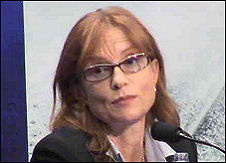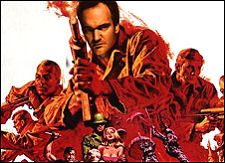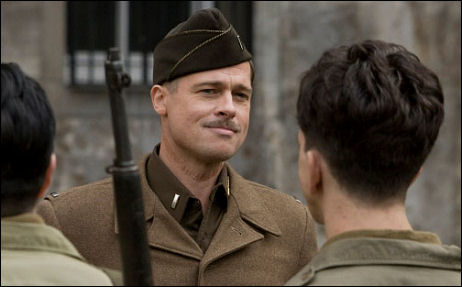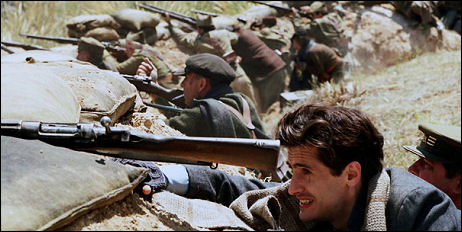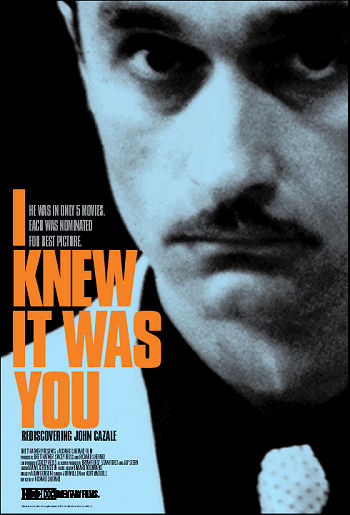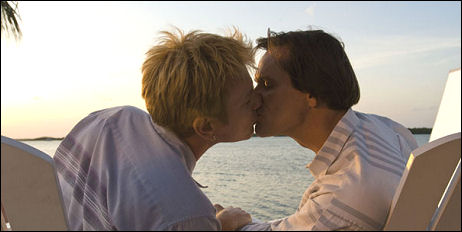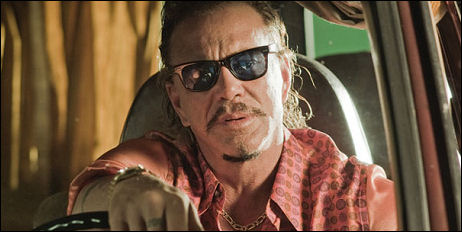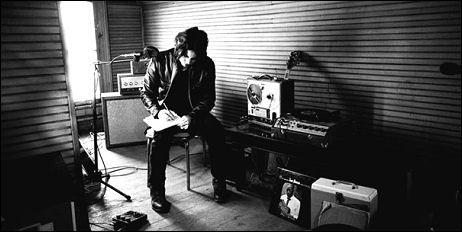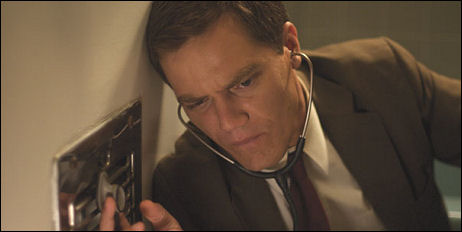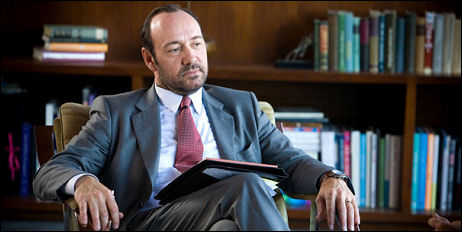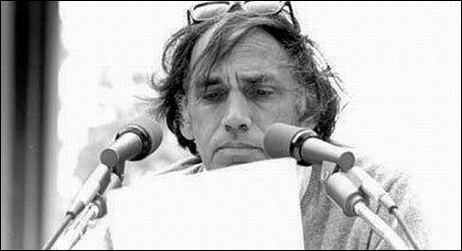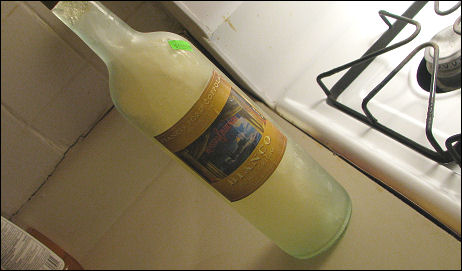“I was a shy kid but a lot of my childhood was spent punching the bullies out,” Clint Eastwood tells an Esquire interviewer in an issue that was current during the Xmas break. “We live in more of a pussy generation now, where everybody’s become used to saying, ‘Well, how do we handle it psychologically?’ In those days, you just punched the bully back and duked it out. Even if the guy was older and could push you around, at least you were respected for fighting back, and you’d be left alone from then on.”
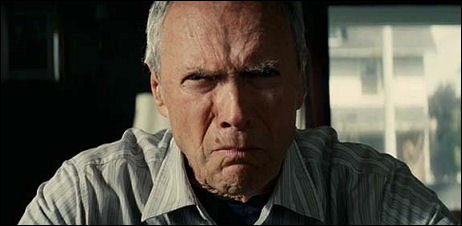
That’s a great paragraph and pure Eastwood. And he’s speaking the truth besides. Even if you get beat up as a result of fighting back the bullies will respect you and leave you alone after that. America machismo was built upon such childhood experiences.
But then Clint ruins the vibe when he says, “I don’t know if I can tell you exactly when the pussy generation started. Maybe when people started asking about the meaning of life.”
I’m pretty sure that people have been wondering about the meaning of life since the days of Socrates, Achilles, Pythagoras and Hepatitis, if not earlier. But the introspective American pussy generation Eastwood is wondering about was basically sired by affluence and living-room creature comforts starting in the early 1950s. The kickback lifestyle softened people up and made them susceptible to the mystical influences of the Beat generation that began in the late ’40s and ’50s, the serious rock ‘n’ rolling that began in the mid ’50s, the growth of a left-wing intellectual community to fight back the right-wing commie purges of the late ’40s and ’50s and the Curtis LeMay nutters in the military, the influence of liberal psychology and the Dr. Spock philosophy upon baby-boomer kids, the expansion of the U.S. economy in the ’60s and the increasing comforts that followed, the Beatles, the Kinks and the long-hair revolution that followed, pot and psychedelic drugs and rampant hippiedom…all of these things helped to pussify America.
And God help us if we hadn’t gone through all this. We’d be so brutish and Neanderthal that our culture would have ceased to function for its inability to relate to other cultures and values. I for one am glad for the pussy influence that helped shape who I am, but I also worship Eastwood’s steely machismo. I may even go see Gran Torino again when it opens next Friday, if only to savor the audience reaction. People get this film — it’s an audience pleaser — and they certainly get Clint.
Filmdrunk has posted a nice Harris and Klebold parody of the Eastwood mentality.


